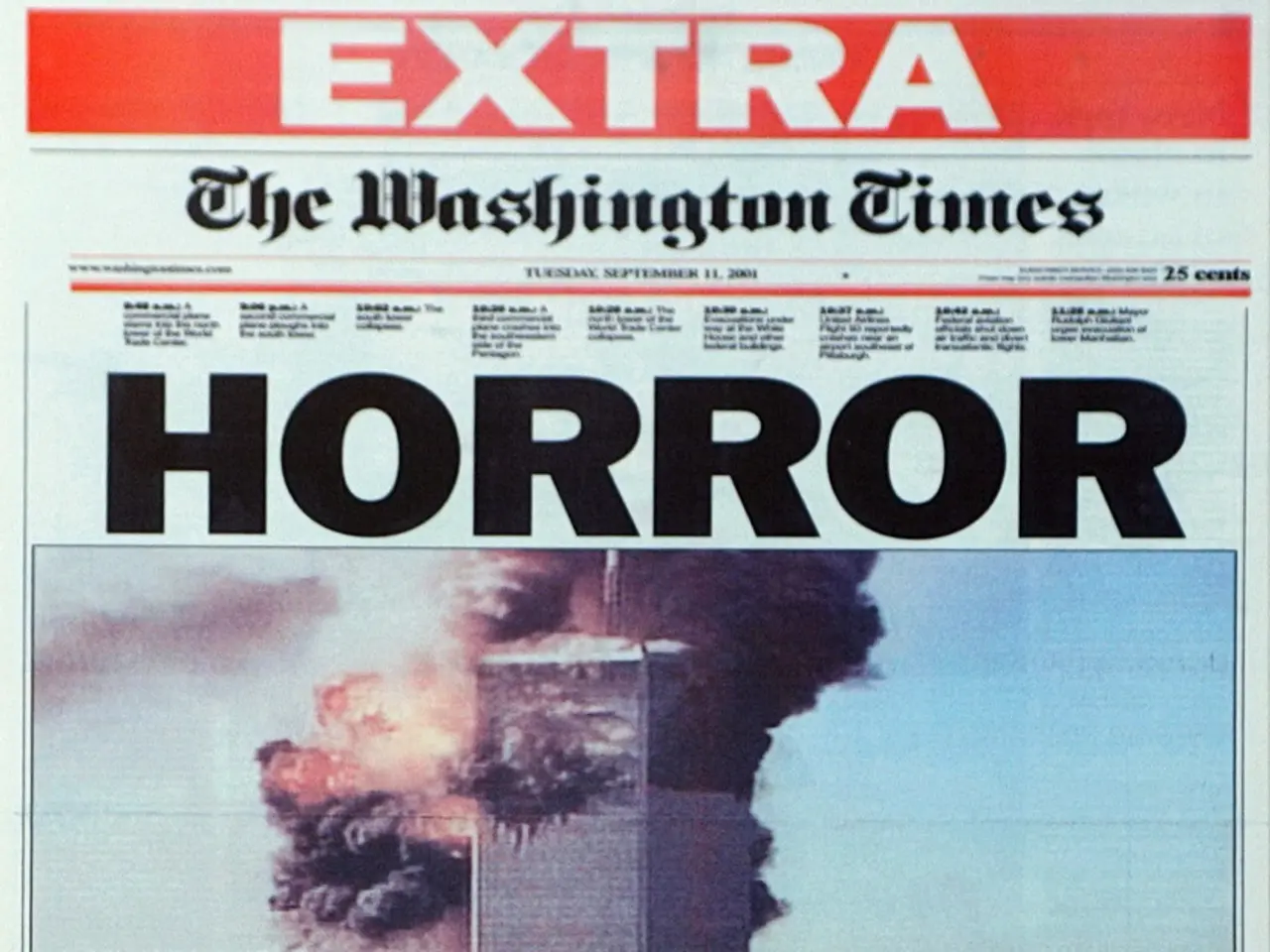Parking Ticket Appeals Need Greater Transparency, Argues RAC
The private parking industry is under scrutiny for its lack of transparency, particularly in the publication of complaints and appeals data. Organisations such as the British Parking Association (BPA) and the International Parking Community (IPC) have been criticised for their incomplete and outdated disclosures.
Recent reports have highlighted several areas of concern. For instance, the BPA’s Parking on Private Land Appeals (POPLA) has not yet published its 2024 annual report, leaving a gap in recent data transparency. Similarly, the IPC’s Independent Appeals Service (IAS) has failed to disclose key information such as how many appeals were allowed or refused in its 2024 report.
This lack of transparency extends to the number of complaints received by these organisations' member companies about parking charge notices (PCNs) and the number of complaints that result in the cancellation of tickets. There is also a lack of information regarding the second-stage appeals process after initial refusals by parking companies.
The RAC, a prominent motoring organisation, has publicly called for the private parking sector to publish full and transparent complaints and appeals data. The RAC argues that the current published data by BPA’s and IPC’s appeals bodies is outdated, incomplete, and lacks critical statistics such as appeal allowance rates.
In response to these concerns, the UK government is running a consultation (July to September 2025) to develop a Private Parking Code of Practice. Part of this consultation includes proposals for trade associations, including BPA and IPC, to collect and share more comprehensive data with the government on parking charges issued, appeal outcomes, and related complaint information to improve transparency and oversight.
Meanwhile, the RAC has invested in Wrisk, a PAYG car insurance specialist aiming to bring transparency and flexibility to the car insurance industry.
As the debate around transparency in the private parking industry continues, drivers who wish to participate in the government's consultation on its official Private Parking Code of Practice have until 5 September to do so.
References: [1] RAC Press Release: RAC calls for parking firms to publish full and transparent complaints data, 2025 [2] RAC Press Release: RAC calls for POPLA to publish its 2024 annual report, 2025 [3] GOV.UK: Consultation on a Private Parking Code of Practice, 2025 [4] RAC Press Release: RAC responds to government consultation on a Private Parking Code of Practice, 2025 [5] Wrisk Press Release: RAC invests in Wrisk, 2025
- The RAC has requested the private parking sector to publish full and transparent complaints and appeals data, citing the current data as outdated, incomplete, and missing critical statistics such as appeal allowance rates.
- The debate around transparency in the private parking industry has prompted the UK government to run a consultation (July to September 2025) on developing a Private Parking Code of Practice.
- In a bid to bring transparency and flexibility to the car insurance industry, the RAC has made an investment in Wrisk, a PAYG car insurance specialist.
- It has been proposed in the UK government's consultation on a Private Parking Code of Practice that trade associations like the British Parking Association (BPA) and the International Parking Community (IPC) should collect and share more comprehensive data with the government, including parking charges issued, appeal outcomes, and related complaint information.




